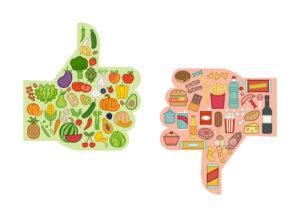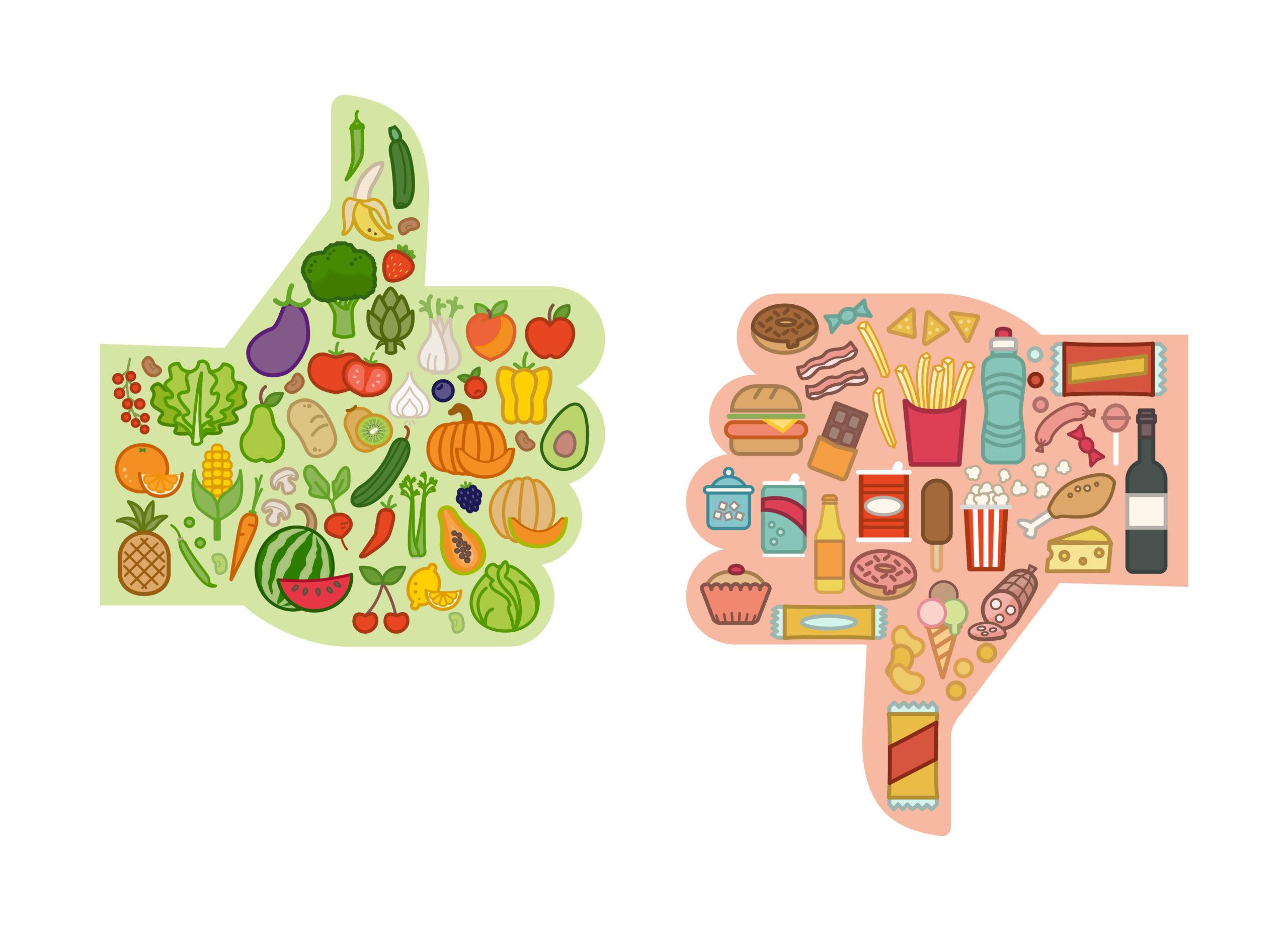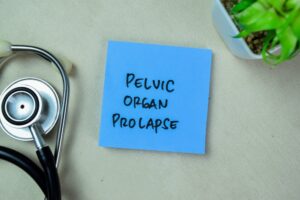Summary
 Dietary modifications can help reduce overactive bladder symptoms. Certain foods and drinks, such as alcohol and high-volume fluids, can cause the bladder to fill up more quickly. By decreasing fluid intake in one sitting and avoiding bladder irritants like carbonated and caffeinated beverages, chocolate, and spicy foods, individuals may experience improvement in their symptoms. Implementing bladder-friendly foods, high in lean proteins, fiber, fruits (like bananas and apples), vegetables, nuts, and whole grains, can also be beneficial. Additionally, weight loss resulting from these dietary changes can lessen the mechanical pressure on the bladder, reducing urgency and frequency.
Dietary modifications can help reduce overactive bladder symptoms. Certain foods and drinks, such as alcohol and high-volume fluids, can cause the bladder to fill up more quickly. By decreasing fluid intake in one sitting and avoiding bladder irritants like carbonated and caffeinated beverages, chocolate, and spicy foods, individuals may experience improvement in their symptoms. Implementing bladder-friendly foods, high in lean proteins, fiber, fruits (like bananas and apples), vegetables, nuts, and whole grains, can also be beneficial. Additionally, weight loss resulting from these dietary changes can lessen the mechanical pressure on the bladder, reducing urgency and frequency.
Key Insights
Dietary modifications offer a potent non-medication strategy for easing symptoms of overactive bladder. Identifying and steering clear of bladder irritants such as alcohol, caffeine, and artificial additives can effectively decrease urgency and frequency. Introducing bladder-friendly foods like lean proteins, fiber-rich foods, and fruits and vegetables can notably enhance symptom management. Undertaking an elimination diet to systematically remove bladder irritants aids in pinpointing individual triggers. Moreover, achieving weight loss through dietary adjustments can relieve mechanical pressure on the bladder, leading to a reduction in urinary urgency and frequency.
Highlights
Alcohol and high-volume fluids can rapidly fill the bladder, contributing to urgency. Chocolate, alcohol, and citrus fruits are recognized as bladder irritants that can exacerbate symptoms. A comprehensive list of bladder irritants includes carbonated beverages, caffeinated drinks, artificial colorings, and preservatives, which should be avoided to manage symptoms effectively. Systematically eliminating these irritants one by one can aid in identifying specific triggers for individual patients. Incorporating lean proteins, fiber-rich foods, and bladder-friendly fruits and vegetables into the diet is highly recommended for supporting symptom relief. Additionally, achieving weight loss through dietary adjustments can alleviate mechanical pressure on the bladder, ultimately improving symptoms of overactive bladder.





